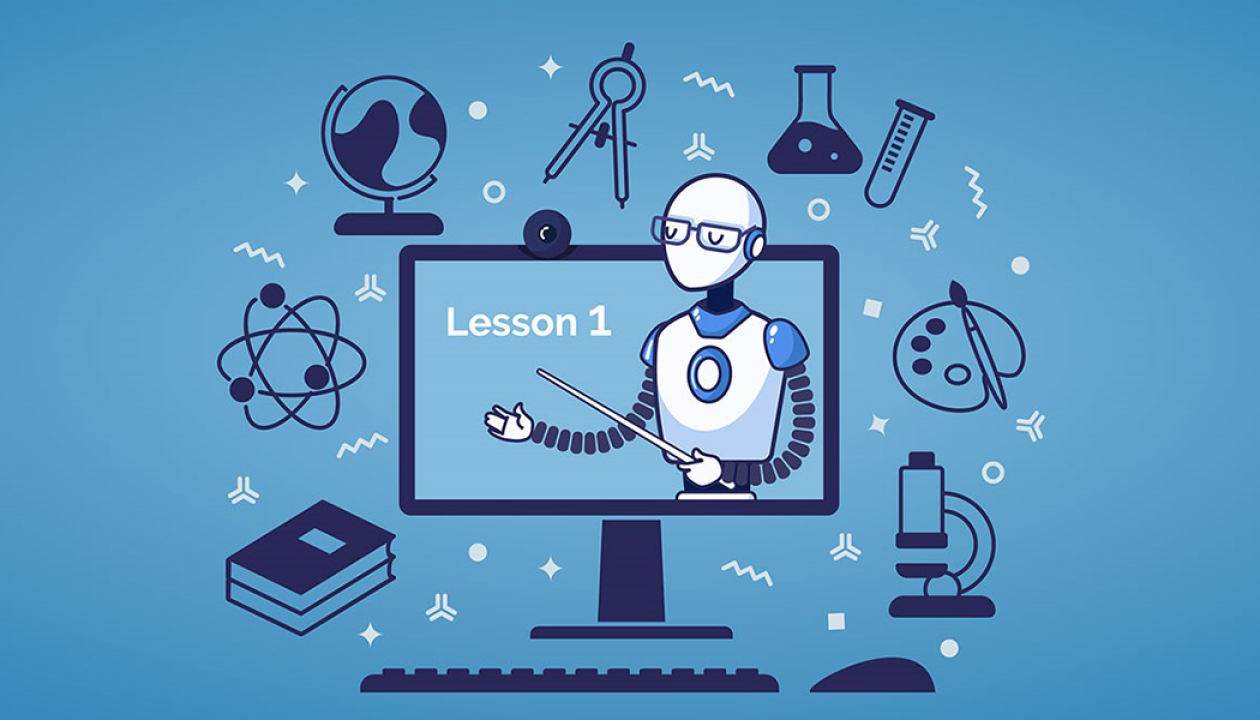
Education & Learning : How Technology is Transforming Knowledge Acquisition
The education sector is undergoing a radical transformation, fueled by digital innovation, AI-driven tools, and evolving learning methodologies. From virtual classrooms to personalized learning algorithms, technology is making education more accessible, engaging, and effective than ever before.
Key Trends Reshaping Education & Learning
1. The Rise of E-Learning Platforms
- MOOCs (Massive Open Online Courses) like Coursera and Udemy democratize education.
- Corporate e-learning tools (LinkedIn Learning, TalentLMS) upskill employees efficiently.
- Hybrid learning models blend online and in-person education for flexibility.
2. AI & Adaptive Learning Technologies
- AI tutors (Khan Academy’s Khanmigo) provide real-time student support.
- Personalized learning paths adjust content based on individual progress.
- Automated grading systems save educators time on assessments.
3. Gamification & Microlearning
- Duolingo, Kahoot! use game mechanics to boost engagement.
- Bite-sized learning modules improve retention for busy professionals.
- VR/AR simulations create immersive training for complex subjects.
4. Virtual Classrooms & Collaborative Tools
- Zoom, Google Classroom, and Microsoft Teams facilitate remote learning.
- Interactive whiteboards (Miro, Explain Everything) enhance digital lessons.
- Global peer-to-peer learning networks break geographical barriers.
5. Lifelong Learning & Upskilling
- Subscription-based platforms (MasterClass, Skillshare) cater to adult learners.
- AI-powered career coaches recommend courses based on job market trends.
- Credentialing & digital badges validate skills for employers.
Benefits of Modern Education Technology
✔ Accessibility – Remote learning reaches underserved populations.
✔ Cost Efficiency – Reduces expenses on physical infrastructure.
✔ Engagement – Interactive content improves knowledge retention.
✔ Scalability – AI can teach millions simultaneously.
✔ Cost Efficiency – Reduces expenses on physical infrastructure.
✔ Engagement – Interactive content improves knowledge retention.
✔ Scalability – AI can teach millions simultaneously.
Challenges & Considerations
⚠ Digital Divide – Not all students have equal tech access.
⚠ Data Privacy – Protecting student information in AI-driven platforms.
⚠ Quality Control – Ensuring online courses meet academic standards.
⚠ Data Privacy – Protecting student information in AI-driven platforms.
⚠ Quality Control – Ensuring online courses meet academic standards.
The Future of EdTech
- AI-generated custom textbooks tailored to curricula.
- Metaverse campuses for 3D collaborative learning.
- Blockchain-secured diplomas to prevent credential fraud.
Final Thoughts
The future of education lies in blending human expertise with smart technology. By embracing EdTech innovations, institutions and learners can unlock personalized, scalable, and future-ready learning experiences.